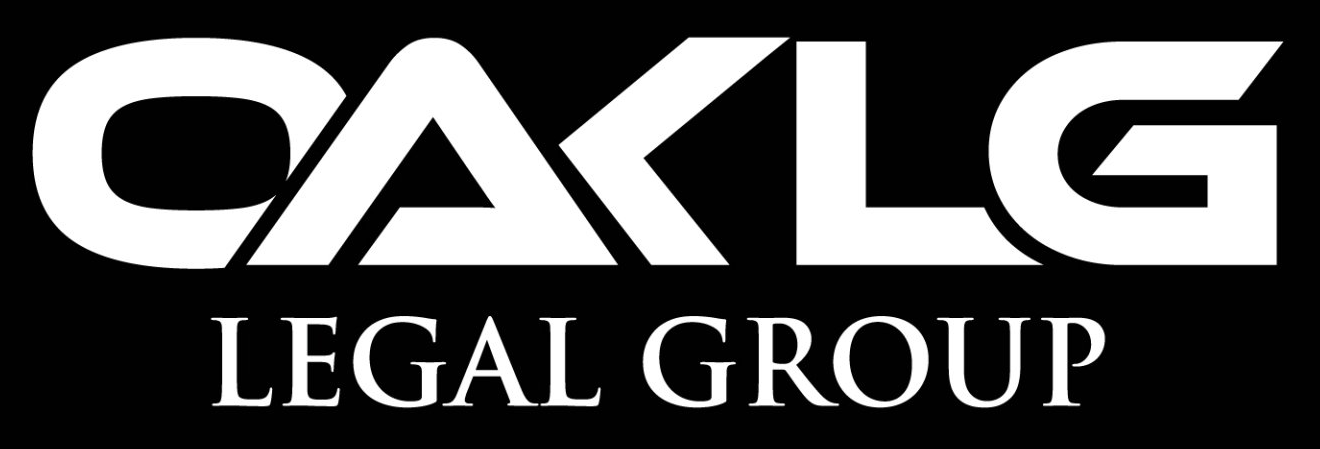Book a consultation
Tell us about your situation so we can get started fighting for you. We tailor each case to meet our clients' needs.
We will get back to you as soon as possible
Please try again later
Traffic Tickets Lawyers
We Can Fight and Beat Tickets
Few things are more frustrating than receiving a ticket after being pulled over, especially when you are convinced you did nothing wrong. For significant offenses, like a DWI, you may face immediate consequences and even criminal charges that affect your ability to continue driving. For lesser offenses, you will likely only be assessed a small fine. You might wish to pay this fine and forget about the ticket, but doing so can lead to unintended consequences.
It is important to remember that when you are issued a traffic ticket, you are being accused of a crime, even when it is a relatively minor one. By paying a traffic ticket, you are in effect pleading guilty to that crime and forgoing your right to contest the allegation. More importantly, even seemingly insignificant traffic offenses can eventually lead to your losing the ability to drive.
Our Charlotte traffic tickets lawyers can work with you to fight and beat traffic tickets. The state of North Carolina makes it deliberately difficult to contest citations, but we have the knowledge and experience to help you efficiently navigate the system. No matter the severity of the ticket, we are prepared to help you protect your driving record.
Do not wait to get help with your ticket. Call 704-243-8178 or contact us online to learn more about how we can help you.
Common Traffic Offenses in North Carolina
North Carolina is aggressive in its traffic enforcement, with a wide range of offenses on the books. Many are fairly obvious and will be familiar to all drivers, but there are several state-specific ordinances to watch out for.
Offenses that can lead to a traffic ticket in North Carolina include:
- Speeding
- Driving without vehicle registration
- Littering
- Driving without a license
- Running a red light or stop sign, or failing to obey any type of traffic signal
- Child restraint violation (i.e. driving without an appropriate child seat)
- Failure to report an accident
- Failure to yield to a pedestrian
- Failure to execute a turn signal
- Following too closely to the vehicle in front of you, or “tailgating”
- Failure to stop when a vehicle with a siren (an ambulance or police car) passes
When you are pulled over, remember that you have rights. You do not have to answer the questions of the traffic officer if you do not choose to, but you will in most cases be expected to volunteer your driver’s license, vehicle registration, and proof of insurance. Failure to do so can lead to multiple infractions.
You should never admit to a traffic offense during a stop. Officers can attempt to goad you into doing so with questions like, “Do you know why I pulled you over today?” Anything you say can and will be used against you should you attempt to later contest a citation.
Get the legal support you deserve
Schedule a free, confidential consultation by calling 704-243-8178 or contacting us online. We offer our legal services in English, Portuguese, French, Spanish, and Russian.
Understanding North Carolina’s Speeding Laws
The state of North Carolina divides the offense of speeding while driving into two categories. Violating either type of speeding law can lead to stiff penalties and even compounded charges.
Basic speeding law mandates that drivers exercise good judgment when governing the speed of their vehicle. In other words, the law forbids drivers from traveling faster than current conditions allow, regardless of the posted maximum speed limit. If the posted speed limit is 45 mph, you are safe driving up to that level in good, clear conditions. If it is especially foggy or the roads are slick, you are expected to drive significantly below that limit.
Absolute speed limits are very straightforward. They require that drivers not exceed the posted speed limit. If the limit is 45 mph, driving any faster is considered speeding and can warrant a stop and ticket. North Carolina has established several speed limit thresholds for various types of areas. The maximum speed on a state highway can be 70 mph, while areas outside of municipal corporate limits are capped at 55 mph.
Note that drivers caught speeding in construction zones and near schools will face harsher penalties, including larger fines. Punitive measures can also scale with the severity of the speeding. In general, the faster the traveling, the more you get fined. Excessive speeding can also result in a reckless driving charge.
How Traffic Tickets Can Impact Your Ability to Drive
You should always attempt to fight every ticket you receive, even if the fine is small and offense nonserious. Remember, when you pay a fine, you are admitting guilt to a crime. That admission prompts the North Carolina Division of Motor Vehicles (DMV) to place “points” on your license.
Each time you receive and pay a ticket, you get points on your driving record. The number of points you receive depends on the severity of the offense. Infractions like littering will only net you 1 point, but fairly common behaviors like tailgating, illegal passing, and failure to yield to a pedestrian can set you back 4 points each.
Accruing too many points over too short of a time can lead to the suspension of your license. This means that simply getting pulled over for speeding or running a stop sign a few too many times can result in you temporarily losing the ability to drive.
North Carolina license suspensions occur under the following conditions:
- If your license has never been suspended and you accrue 7 points in 3 years, you will receive a warning letter. This will require you to take a driver safety course that will eliminate 3 points on your record.
- If your license has never been suspended and you accrue 12 points in 3 years, your license will be suspended for a maximum of 60 days. After the license has been restored, all existing points will be removed from your record.
- If you have been suspended within the last 3 years and accrue 4 points, you will again receive a warning and mandate to complete a driver safety cost. This will remove 3 points from your record.
- If you have been suspended within the last 3 years and accrue 8 points, you face a second suspension of up to 6 months.
- If you have been suspended twice and accrue another 8 points following the reinstatement of your license, you face a suspension for up to 1 year.
Losing your license for an extended period can represent a burden to both you and your family. It may also imperil your employment if your job requires a valid driver’s license.
How We Can Help You Fight Tickets
Practically every type of traffic ticket can be fought in court, including “waivable” minor offenses that would not otherwise require appearing at a hearing. To avoid accumulating points on your driving record, it is always in your best interest to fight a ticket. Note that points will not be assigned to your license until you either pay the fine associated with the ticket (thereby admitting guilt) or until the matter is resolved in court. When you prevail in a dispute, you will not be responsible for paying the fine and will have no points assigned to your record.
In many situations, simply contesting the ticket will result in your case being dismissed. Most hearings require the officer who issued the ticket to either submit testimony of the incident or appear in court. Should they fail to do so, the charges will typically be dismissed.
Our Charlotte traffic ticket lawyers at Oakhurst Legal Group can help you fight tickets and maintain a clean driving record. We are familiar with how traffic cases are decided in North Carolina and can work to efficiently cut through state bureaucracy designed to frustrate you.
Oakhurst Legal Group Headquarters
SDS SPORTS AGENCY | SHERROD SPORTS VISAS | LPS Consular Service
2022 & 2023 All rights reserved by Law Firm based in Charlotte, North Carolina. Premier legal services for teams, university, individuals, businesses, entrepreneurs, and more. Experience with local city, state and federal policy in prime service areas of police misconduct, trademarks & immigration law. Our attorneys pride themselves in upholding privacy rate and top notch service to the community. Nothing on this website which contains general information should be taken as legal advice for any reason. No attorney-client relationship is created from viewing this website or completing an intake sheet. Please follow our content on Facebook, Tik Tok, Instragram, twitter, Youtube and other social media sites for more information.
Proud National Certified Minority Owned Law Firm
© 2023 All Rights Reserved. Created by Olive + Ash. Managed by Olive Street Design.





